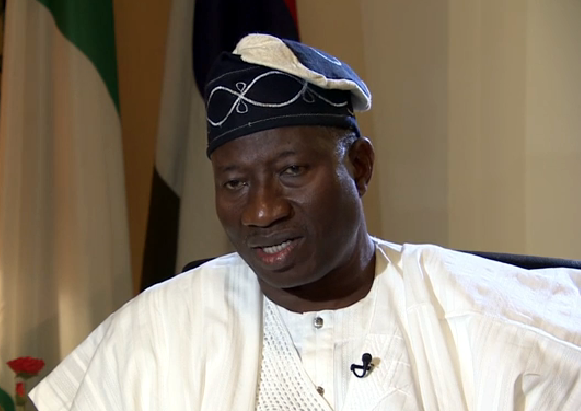The Supreme Court has directed the national assembly to desist from taking further action on the 2015 constitution amendment bill.
A seven-man panel of judges of the court on Thursday ruled that the national assembly and the plaintiff (President Goodluck Jonathan) should maintain the status quo on the case until June 18.
In April, Jonathan approached the Supreme Court to void any attempt of the national assembly to pass the 2015 constitution amendment bill into law.
President Jonathan had rejected amendments made by the national assembly to the 1999 constitution, citing 12 errors in the amendment bill.
Advertisement
But there were indications that the national assembly would over-ride the president’s veto.
Consequently, in Suit SC/214/2015 filed at the Supreme Court by Mohammed Adoke, attorney-general of the federation, the federal government argued that the bill was not passed by four-fifths of the two chambers of the national assembly as stipulated in Sections 48 and 49 of the Nigerian constitution.
The 2015 constitution amendment bill, which made provisions for independent candidature as well as the separation of the office of the attorney-general of the federation from office of the minister of justice, was passed by the national assembly in February.
Advertisement
The bill also had a provision stripping the president of the powers to assent to constitution amendment bills.
In a letter to David Mark, senate president, and Aminu Tambuwal, speaker of the house of representatives, which was read on the floor of the senate, Jonathan stated that he was withholding his assent to the bill owing to the reason that it was against the provision of Section 9(3) of the constitution of the federal republic of Nigeria.
The president outlined errors inherent in the bill thus:
“Non-compliance with the threshold specified in Section 9(3) of the 1999 Constitution on amendments;
Advertisement
“Alteration to constitution cannot be valid with mere voice votes unless supported by the votes of not less than four-fifths majority all members of national assembly and two-thirds of all the 36 state houses of assembly;
“Right to free basic education and primary and maternal care services imposed on private institutions; “Flagrant violation of the doctrine of separation of powers;
“Unjustified whittling down of the Executive powers of the Federation vested in the President by virtue of Section 5(1) of the 1999 Constitution;
“Thirty days allowed for assent of the President; and “Limiting expenditure in default of appropriation from six months to three months.”
Advertisement
The others are creation of the office of accountant-general of the federation distinct from the accountant-general of the federal government; empowering National Economic Council to appoint the accountant-general of the federation instead of the president; allowing NJC to now appoint the attorney-general of the federation rather than the president; and unwittingly whittling down the discretionary powers of the attorney-general of the federation.
“In view of the foregoing and the absence of credible evidence that the Constitution of the Federal Republic of Nigeria (Fourth Alteration) Act 2015 satisfied the strict requirements of Section 9(3) of the 1999 Constitution, it will be unconstitutional for me to assent to it,” he said.
Advertisement
“I therefore withhold my assent and accordingly remit Constitution of the Federal Republic of Nigeria (Fourth Alteration) Act 2015 to the Senate/House of Representatives of the Federal Republic of Nigeria.”
The senate subsequently asked the president to return the original copy of the amendment bill since he wouldn’t assent to it.
Advertisement
Add a comment







